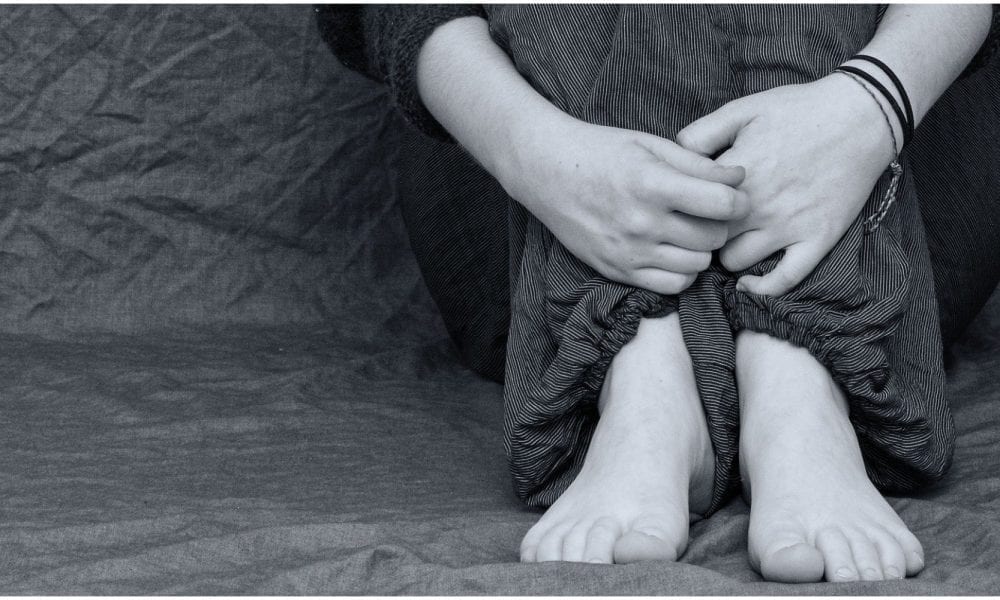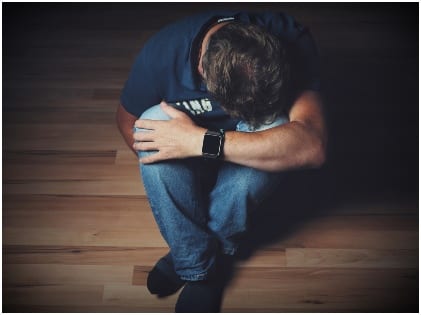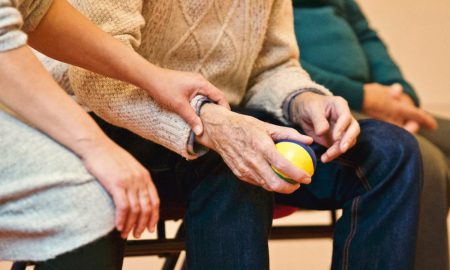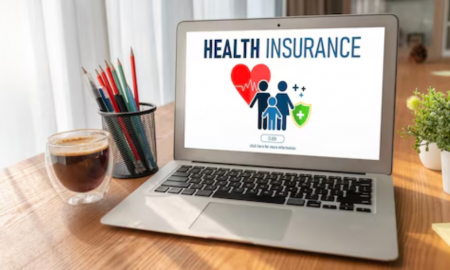
Top Signs Of Depression Relapse And What You Can Do About It

 Depression can recur. Going by a recent survey, signs of a relapse can happen within five years. But this is not always applicable. Weeks, months, and even years after the first episode – depression can re-develop. More than half the people who have dealt with depressive states for the very first time in their lives manage to stay well.
Depression can recur. Going by a recent survey, signs of a relapse can happen within five years. But this is not always applicable. Weeks, months, and even years after the first episode – depression can re-develop. More than half the people who have dealt with depressive states for the very first time in their lives manage to stay well.
And for the rest, the symptoms of depression might set in another time or more times till they survive. Surprisingly, the warning signs might not always be the same. Still, you can always sense the symptoms or at least the red flags early on. If not, this article will prove worthy to determine why and how depression returns, the possible triggers, and the best ways and means to cope up and treat this ailment.
What Is Meant By A ‘Depression Relapse’?
It is not uncommon to find people undergoing a state of sadness of losing interest in their daily activities. These feelings are often a result of multiple factors like excess stress, loss of someone near and dear, and so on. But having such feelings almost every day for a few weeks, which largely affects their work or even social life, is something to worry about.
A depression relapse begins when symptoms start reappearing. It can also be a relapse of symptoms that have stayed dormant sometimes worsen at the time of recovery from the previous time. In a vast majority of cases, relapse occurs when the person stops treatment midway. And this occurs within the first two months. About 20% of individuals are likely to experience recurrence, which is not a guaranteed figure! In severe cases, the figure can rise.
What Are The Early Signs To Look Out For?
 Understandably, similar core warning signs that occurred in the first episode of depression might make a return the next time, but there can be new symptoms too. Some key signs of depression include fatigue, loss of general interest in life, frequent agitation, and irritation. You can also notice changes in sleep cycles, withdrawal from social life, noticeable changes in appetite, feelings of guilt, frustration, and worthlessness. Besides that, the person might also experience memory loss, inability to focus, physical pain, and suicidal tendencies.
Understandably, similar core warning signs that occurred in the first episode of depression might make a return the next time, but there can be new symptoms too. Some key signs of depression include fatigue, loss of general interest in life, frequent agitation, and irritation. You can also notice changes in sleep cycles, withdrawal from social life, noticeable changes in appetite, feelings of guilt, frustration, and worthlessness. Besides that, the person might also experience memory loss, inability to focus, physical pain, and suicidal tendencies.
What Are The Possible Triggers For A Relapse?
Certain unfortunate incidents and episodes often act as triggers that lead to the relapse of depression in those who have suffered from it earlier. Those with a history of depression fall victim to these triggers more than those without a depression history. In most cases, it’s usually an incomplete recovery phase or early stopping of treatment.
In a few others, it could be stressful situations like family conflicts, moments of grief, or even relationship changes, leading to depression relapse. Not to miss out on chronic medical conditions like obesity, diabetes, heart diseases, and even cancer- all of which can amplify the chances of future depression.
What Tips Come Handy To Prevent A Relapse?
 Prevention, as we know, is better than cure. Incorporating healthy prevention strategies help in combating depression than making the ugly return.
Prevention, as we know, is better than cure. Incorporating healthy prevention strategies help in combating depression than making the ugly return.
Firstly, continuing with the ongoing treatment is a wise decision. Until completing the entire course prescribed by the medical practitioner, it is impossible to rule out the possibilities of a relapse. It is especially critical during the firsts six months from the time the treatment begins.
Secondly, many mindfulness-based therapies help people delve inside themselves and sense negative thoughts or mental patterns. In this way, they can also devise ways to deal with them. A study proved that practicing mindfulness thrice a week can reduce relapse tendencies by no less than 50% within the same year.
Thirdly, talk to your family members and friends and alert them beforehand about the warning signs they should look for to detect and start the treatment if an episode sets in early.
Lastly, there’s no harm in planning early. So prepare yourselves for the possibility of a relapse. At least you’ll act quickly on this.
Don’t forget to discuss your issue with the doctor. Remember, the recommendations coming from an expert essentially contain changes in treatment styles’ or dosage in medicines. And hence they prove to be most useful and effective in treating depression.
More in Mental Health
-
`
Is Swimming in Cold Water Good for You?
Swimming is a beloved activity that provides numerous physical and mental health benefits. Swimming can be a fantastic workout, whether you’re...
November 15, 2023 -
`
Unlocking the True Benefits of Detox Water
Detox water has taken the health and wellness world by storm, promising a wide range of benefits that go beyond ordinary...
November 7, 2023 -
`
How Tom Brady Shed 10 lbs After Retirement
One of the NFL’s most celebrated athletes, Tom Brady, has always been a topic of discussion. Brady never fails to surprise,...
November 1, 2023 -
`
AI’s Hidden Toll on Our Brains
Artificial Intelligence (AI) has permeated almost every facet of our lives, from virtual assistants and recommendation algorithms to autonomous vehicles and...
October 24, 2023 -
`
What to Drink During a Workout
When it comes to getting the most out of your workout, proper hydration is key. What you drink during exercise can...
October 17, 2023 -
`
Wearable Technology Applications in Healthcare
The world of healthcare is evolving at an unprecedented pace, and wearable technology is one of the driving forces behind this...
October 10, 2023 -
`
Initiating and Integrating Exercise in Daily Life
Incorporating exercise into our daily lives is essential for maintaining optimal health and well-being. However, initiating a fitness routine and seamlessly...
October 10, 2023 -
`
Jason Momoa’s Workout Routine for Iconic Aquaman Look
We all remember the moment: The big screen lights up, waves crash, and out emerges Jason Momoa as Aquaman, with his...
October 8, 2023 -
`
Crying: The Benefits on Mental Health
In a world that often champions stoicism and emotional restraint, shedding tears is sometimes dismissed as a sign of vulnerability. However,...
September 26, 2023















You must be logged in to post a comment Login